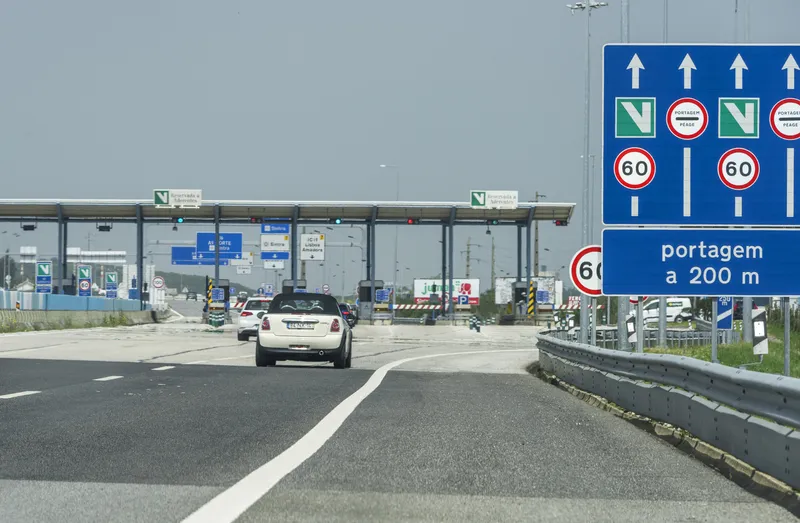The country-wide electronic toll collection (ETC) system is Belarus has begun operations, replacing the manual tolling system on 815 kilometres of the country’s road network. The US$353 million contract was awarded to Kapsch TraffiCom in 2012. The system, based on Dedicated Short Range Communication (DSRC) technology, comprises 56 tolling and enforcement gantries and 48 customer service points, together with two modern data centres were implemented, 500,000 on board units for automatic payment and sixteen
August 1, 2013
Read time: 2 mins
The country-wide electronic toll collection (ETC) system is Belarus has begun operations, replacing the manual tolling system on 815 kilometres of the country’s road network.
The US$353 million contract was awarded to81 Kapsch TraffiCom in 2012. The system, based on Dedicated Short Range Communication (DSRC) technology, comprises 56 tolling and enforcement gantries and 48 customer service points, together with two modern data centres were implemented, 500,000 on board units for automatic payment and sixteen specially-equipped enforcement vehicles.
The system will be employed on sections of the M1/E30, on auxiliary roads such as the connection between Minsk and the international airport of Minsk. Electronic tolling will be mandatory for vehicles with a maximum laden weight of over 3.5 tons as well as motor vehicles with a maximum laden weight of less than 3.5 tons, registered outside of the Customs Union of Belarus, Russia, and Kazakhstan.
Revenues from tolling will be spent on expansion and modernisation of the Belarusian road infrastructure to comply with European standards.
The US$353 million contract was awarded to
The system will be employed on sections of the M1/E30, on auxiliary roads such as the connection between Minsk and the international airport of Minsk. Electronic tolling will be mandatory for vehicles with a maximum laden weight of over 3.5 tons as well as motor vehicles with a maximum laden weight of less than 3.5 tons, registered outside of the Customs Union of Belarus, Russia, and Kazakhstan.
Revenues from tolling will be spent on expansion and modernisation of the Belarusian road infrastructure to comply with European standards.








